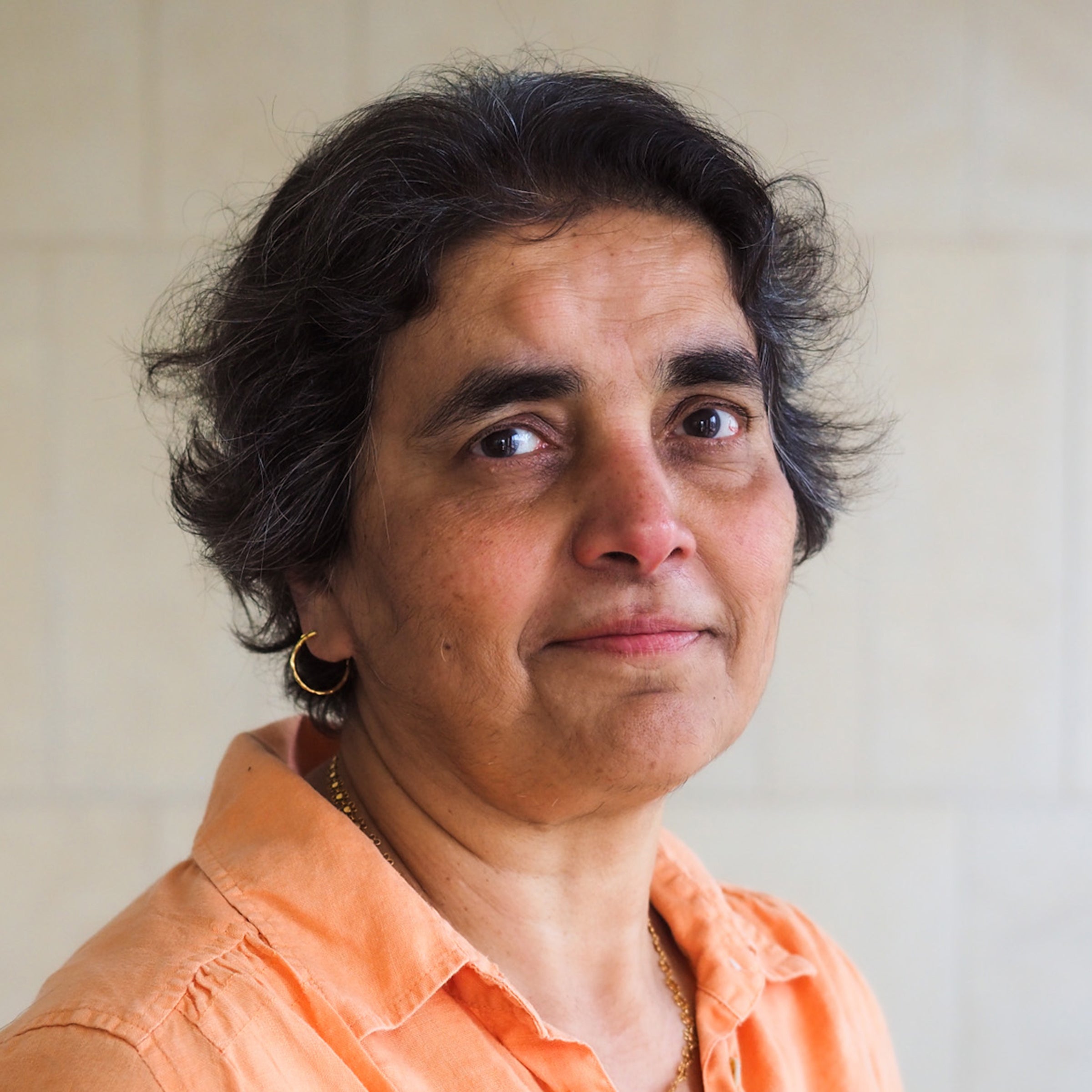Seema Agarwala
- Associate Professor
- Molecular Biosciences
- Interdisciplinary Life Sciences Graduate Programs

Contact Information
Research
My laboratory studies the cellular and molecular mechanisms involved in neural tube closure. During this process, a flat neural plate rolls up and fuses to form a closed neural tube. When this process goes awry, neural tube defects such as anencephaly and spina bifida can result. These defects are among the leading causes of congenital malformations and affect 1-5/1000 pregnancies.
The tissue shape changes required for neural tube closure depend upon dynamic cell-shape changes and cell behaviors whose molecular bases are poorly understood. We have recently found that the molecular signals that regulate the specification of cell fates, also regulate many of the cell behaviors required for neural tube closure. For example, Bone Morphogenetic Proteins (BMPs) can induce columnar cells at the ventral midline to constrict asymmetrically and become wedge-shaped. This event buckles the ventral midline of the neural plate and elevates the neural folds so that they can ultimately fuse across the dorsal midline. Though conceptually simple, this process involves BMP interactions with the cell’s polarity pathways, cellular cytoskeleton and the cell cycle machinery. We approach this problem in amniotes (mouse, chick) by using both in vivo and in vitro manipulations, high-resolution microscopy, real-time imaging and biochemical analyses. Using similar techniques, we have also begun to look at how two discrete neural folds fuse with one another to form a closed and continuous neural tube. Finally, we are also examining the role of surrounding tissues (epidermal ectoderm, mesenchyme, notochord) in closing the neural tube.
Research Areas
- Molecular Biology or Genetics
Fields of Interest
- Cell and Developmental Biology
- Molecular Biology, Genetics & Genomics
- Cell & Molecular Biology
- Bioinformatics & Computational Biology
- Neurobiology
Centers and Institutes
- Interdisciplinary Neuroscience Graduate Program
- Interdisciplinary Life Sciences Graduate Programs
Education
- Ph.D., State University of New York, Stony Brook (1990)
Publications
Awards
- 2013 James G. Wilson Publication Award ($1,500). The Teratology Society (given to the best publication in Birth Defects Research), 53rd Annual Meeting of the Teratology Society, Tucson, Arizona.
- 2007 Teaching Excellence Award; College of Natural Sciences; University of Texas, Austin.
- 2006 The Rom Rhone Fellowship for travel to International Meetings ($ 1,000).
